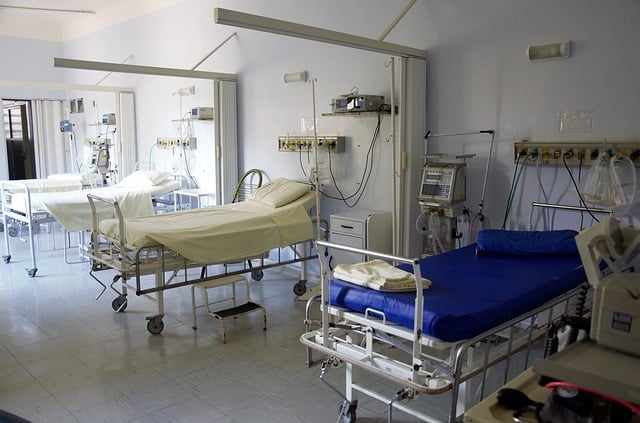More dialogue is urged between Ontario Ministry of Health and insurers to find bottlenecks

Ontario is being accused of not providing enough funding for hospital beds after Londoner Stuart Cline died following an extended wait for an available hospital bed in the province. He had sustained a head injury while on vacation and remained confined in a Mexico hospital for days because his insurer could not locate a bed for him.
During an inquiry into the incident, Ontario Premier Kathleen Wynne said there had been beds available, and that the incident raises “serious questions” about the communication between Cline’s insurance company and the province’s health system.
Responding for the industry, Joan Weir, director of Health and Disability Policy for the Canadian Life and Health Insurance Association, said that insurers “work very hard” to find a hospital bed for clients.
“[T]here's nothing in it for insurers to delay the process,” Weir told CBC News. Aside from the frustrations that come with not being able to find a bed for a client, she said intensive care in a US hospital can cost up to $20,000 a day for just one patient.
While bed shortages are an occasional problem in many Canadian cities, Weir said “London is a particular problem” according to recent industry research.
“We're not quite sure as insurers whether we're not being able to access available beds, or if there just aren't available beds,” she said. “So there's a little bit of a communication breakdown there.”
Speaking at the legislature Tuesday, Ontario Health Minister Helena Jaczek said staff at the ministry “are willing to go the extra mile to ensure the highest quality of care for Ontarians.”
“I certainly am very committed to ensuring that coordination, communication mechanism Is strengthened," Jaczek added.
According to Weir, there has to be more dialogue between the Ministry of Health and the insurance industry to find bottlenecks and possible solutions.
“[T]here must be a better way of doing things than using resources to try and determine which bed is available, where,” she said. Noting that insurers currently have to call hospitals at the patient’s home region one by one, Weir suggested that a database or other centralized system would streamline the process.
“It probably is the Ministry of Health's role to figure it out, but we definitely can provide assistance and support,” she said.



